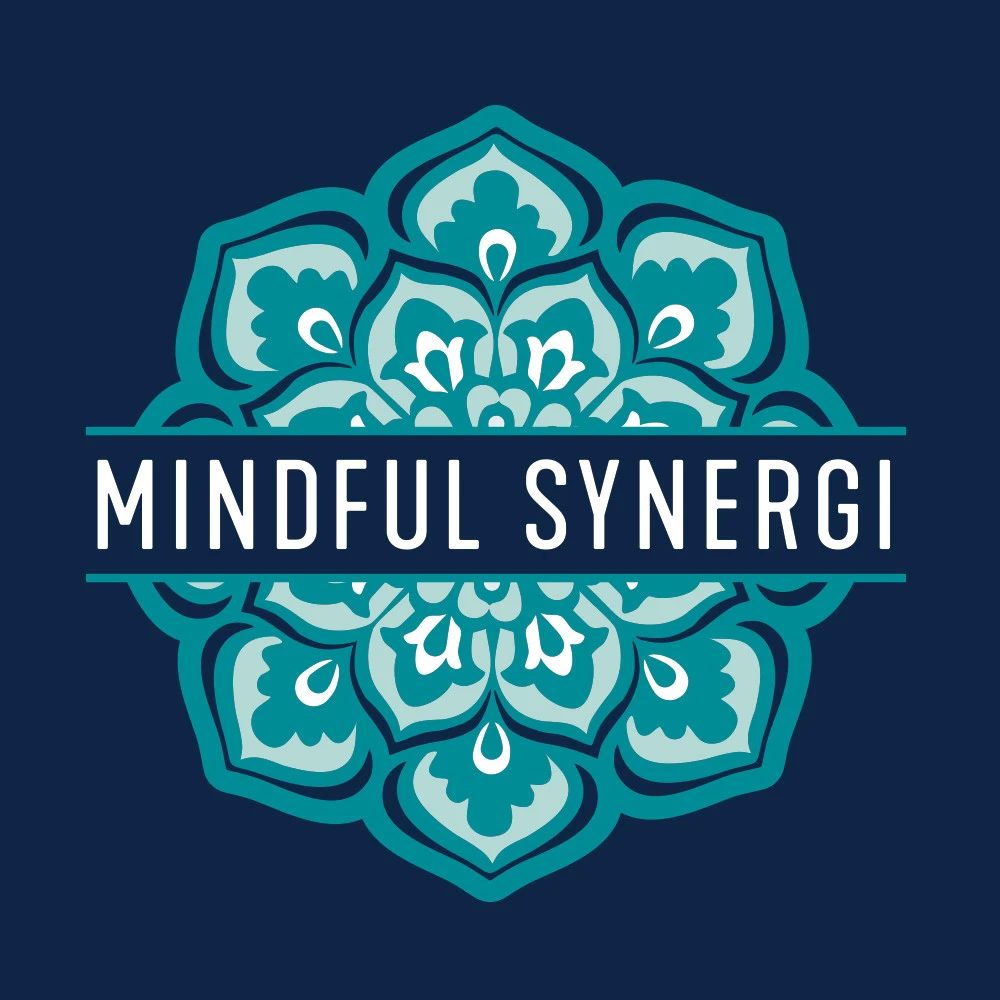
The benefits of pregnancy massage
The benefits of pregnancy massage Week by week pregnancy demands adjustment. For your pregnancy massage practitioner, this presents an opportunity to support these physical changes with body therapy. Things that pregnant clients commonly complain of include: aching feet, sore neck, sore shoulders, fatigue, and upper and lower back pain. None of this seems surprising considering the postural changes and pressure on the spine associated with a rapid increase in weight over 9 months.
Read moreBuying a Road Bike or just Upgrading
High cost, high complexity, do your research before you buy or upgrade, a mistake can be expensive in the long run. Read our tips from recent experience.
Read more
Pilates for Core Strength: Why It’s Essential for a Balanced Fitness Routine
Explore how Pilates can enhance core strength, improve stability, and support overall fitness.
Read more
Why should you think about taking up traditional Taekwondo?
Engaging in regular physical activity like Taekwondo can be a great way to relieve stress.
Read more
Finding Your Perfect Yoga Practice: Exploring Diverse Yoga Styles
Discover the right yoga style. At its core, yoga is an ancient practice that originated in India, aiming to unify the body, mind, and spirit through a combination of physical postures, breathing exercises, and meditation. It’s not just about bending like a pretzel; it’s about finding balance and peace within yourself.If you’re looking for a gentle introduction to yoga, Hatha Yoga is a great starting point. Yin Yoga is all about relaxation and mindfulness.
Read more
Ten signs you could have a thyroid problem
If you have a thyroid problem you could be experiencing several symptoms. This article goes into some details on each of the symptoms so you can make an informed decision about whether you need a professional or not.
Read more
Just breathe – 3 calming techniques for you and your child
Check-in with yourself in this very moment. How are you feeling right now? Take a minute to watch what your breath is doing. If you are relaxed you will find that your breath is slow and calm. If you’re having a difficult day you may find that your breath is short and shallow. Our breath centres how we feel and it influences how we respond to what is happening around us.
Read more
Relationship Advice: How to protect your self esteem in your relationship
In my therapy practice I often see individuals excepting behaviours in relationships they would never advise a friend to accept, simply to due to the fear of rejection. One of the by-products of being a nice person is accepting less than you are worth just to either keep the peace, or to try to avoid the possibility of someone leaving you. Women and men who are more sensitive in nature (and let me note that sensitivity is not a bad trait) are the most likely candidates for this behaviour.
Read more
Anatomical Breakdown of the Squat
. Being a highly functional exercise the squat provides strength for real life daily activities as oppose to simply being able to push gym equipment. It is however an exercise where too often poor technique or initially too much weight is used leading to fatigue, poor technique, injury and frustration.
Read more
How To Survive Mother's Day With A Difficult Mother
Some adult daughters have difficult relationships with their mum, still seeking their mother’s approval for their career, for their love interests, for her acceptance and unconditional love. They revert to being a child in their mother’s presence, wanting mum to nurture and encourage them, maintaining hope that mum will hold the little girl in her lap of tenderness, stroking her fondly, speaking gently from doting mother to her adoring child. This is the fantasy that adult daughters dream about.
Read more
Do you lose control during hypnotherapy?
Hypnotherapy uses a light or a medium trance. This means that while your conscious mind is distracted or in a state of relaxation, your subconscious mind becomes fully awake and active, thus facilitating rapid transformation. You remain in full control, aware of your surroundings and actions at all times.
Read more
Eye spy a trauma cure
Accredited experts and organisations, including the World Health Organisation are giving the thumbs up to Eye Movement Desensitisation and Reprocessing (EMDR) as a way of treating trauma. Find out why.
Read more
How Many Yoga Classes Should I Do a Week?
Finding the right number of yoga classes to attend each week can be tricky. It really depends on your personal fitness goals, lifestyle, and how much you want to immerse yourself in yoga. A few classes a week can provide significant benefits, but if you’re looking to deepen your practice, more frequent sessions may be the way to go. Remember, consistency is key to unlocking the full benefits of yoga!
Read moreWhy your hypnotherapist should be trained in counselling
Depending on the issue(s) that you’re coming to hypnotherapy for, there’s a good chance that you will need to also receive counselling support to address the full extent of the problem so that hypnotherapy can be as effective as possible. If this doesn’t happen, it’s unlikely that hypnotherapy alone will be able to successfully treat your problem(s) and in some cases, it can actually make things worse. This article discusses why.
Read more
Your pet is your mirror
Communicating successfully with our pets is an age-old topic of fascination. In the majority of cases, the direction is us trying to get a message across to our pets – except in those classic cases when you feel like your animal friend is ‘trying to tell you something’. But the ways in which pets provide feedback may go much deeper than that
Read more
Is your yoga teacher right for you?
Deciphering whether your yoga teacher is helping you or holding you back can be a tricky process, so we’ve listed some questions to ask yourself to help you start. Is your yoga teacher helping or hindering you? As with anything, choosing the right yoga teacher for you is pivotal to success and growth, both physically and mentally.
Read more
What's the difference between Restorative + Yin Yoga?
In a pose it’s encouraged to let go of muscular involvement to target the deeper connective tissues of the body such as fascia Some schools of Yin will teach Yin as a ‘cold’ practice, done without a warm-up as a way to protect students from going in to the held stretches too deeply In poses, you might be guided through mindfulness techniques to draw your awareness to letting your muscles relax, to target your ligaments, fascia and joints instead Yin might be considered a useful practice for building bone density
Read more
Everyone is a Healer
The other day I was doing our local headland walk and as I passed the playground, a three year old took a fall off his bike and grazed his knee. His dad came over to comfort him and put his hand on his knee. It was lovely to see how quickly the child turned from tears to smiles. You might also remember the comforting touch of your mum or dad when you took a fall as a kid. A parent’s touch actually helps injuries improve faster because of the healing energy that is naturally sent from the hands.
Read more
The Role of Massage in Sports Performance and Recovery
Massage isn’t just about relaxation (though that’s a fantastic perk!). For athletes, it’s all about maintaining peak performance and ensuring their bodies can handle the demands of their sport. Think of it as a secret weapon in their training arsenal. There are several types of massage that athletes typically turn to, including Remedial Massage, Sports Massage, and Deep Tissue Massage, each offering unique benefits.
Read more
Depression and deficiency of nutrients in the body
Depression is not only a mood or a lack of interest in life. Depression can be caused by attacks on our immune system by inflammation in the body. The depressive symptoms can be a bi-product of the lack of certain nutrients that the body is failing to absorb.
Read more






















